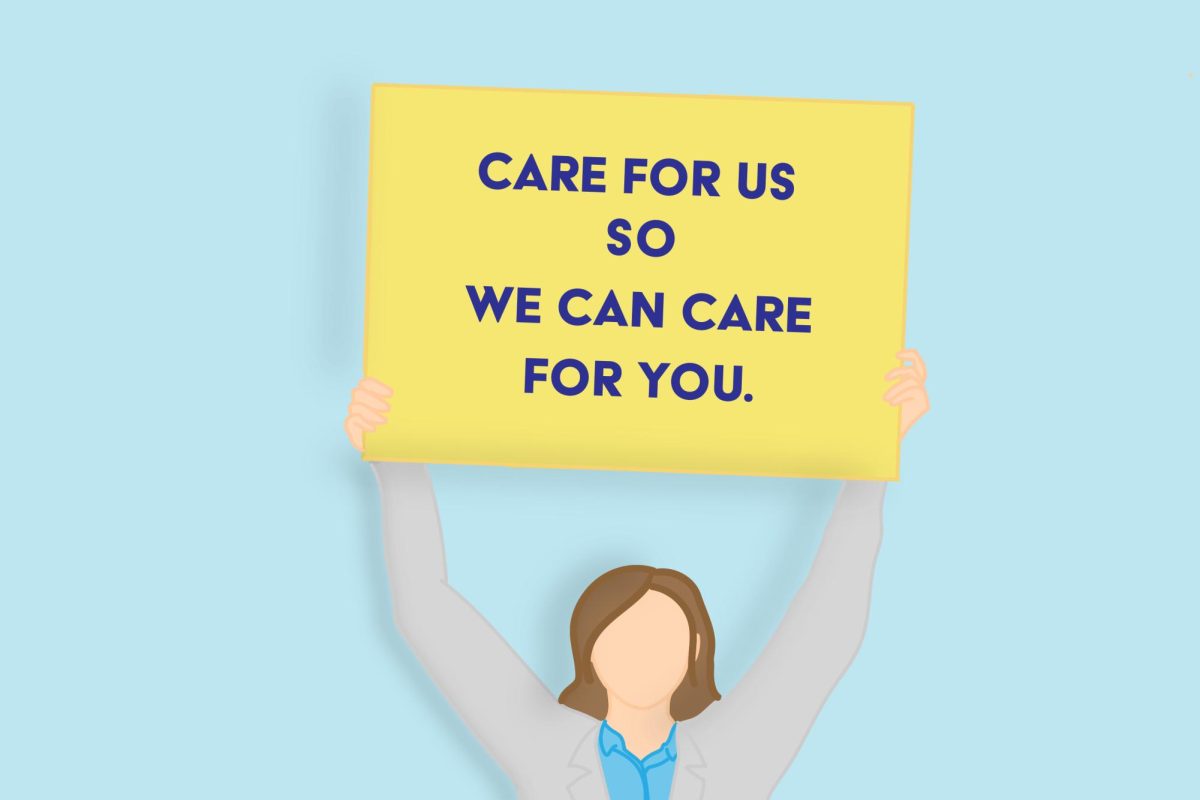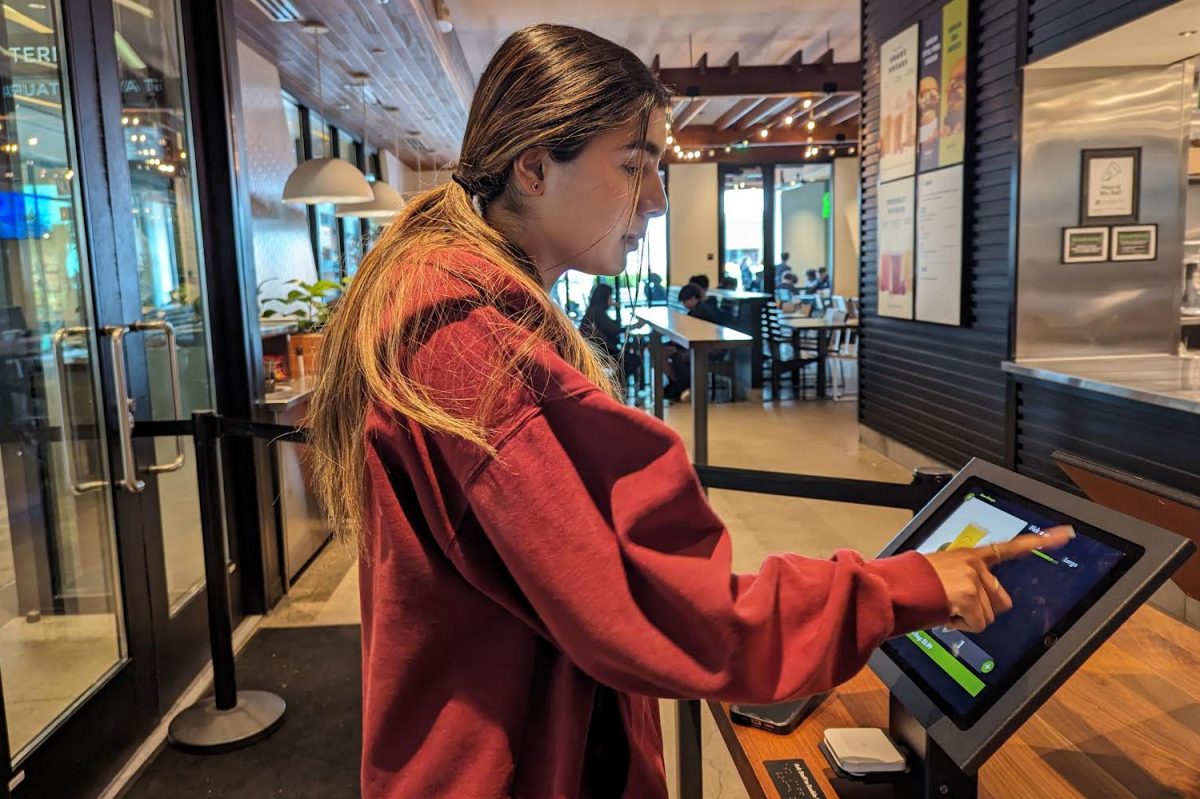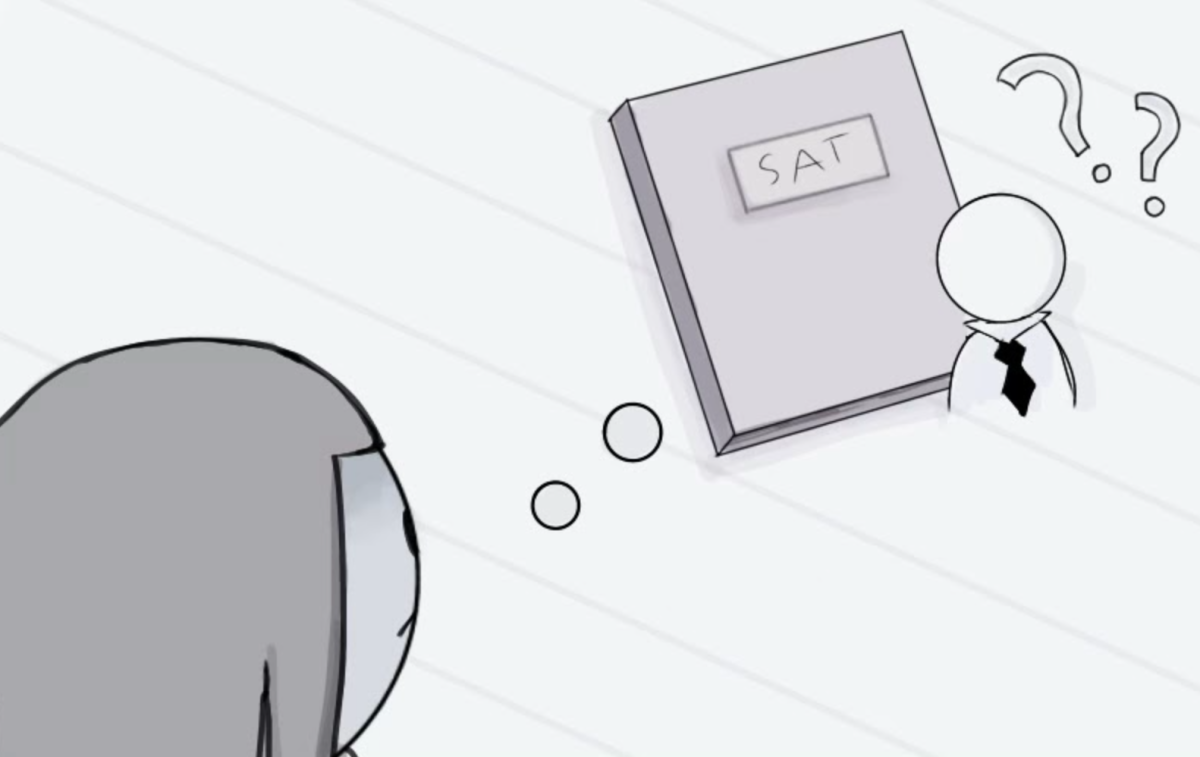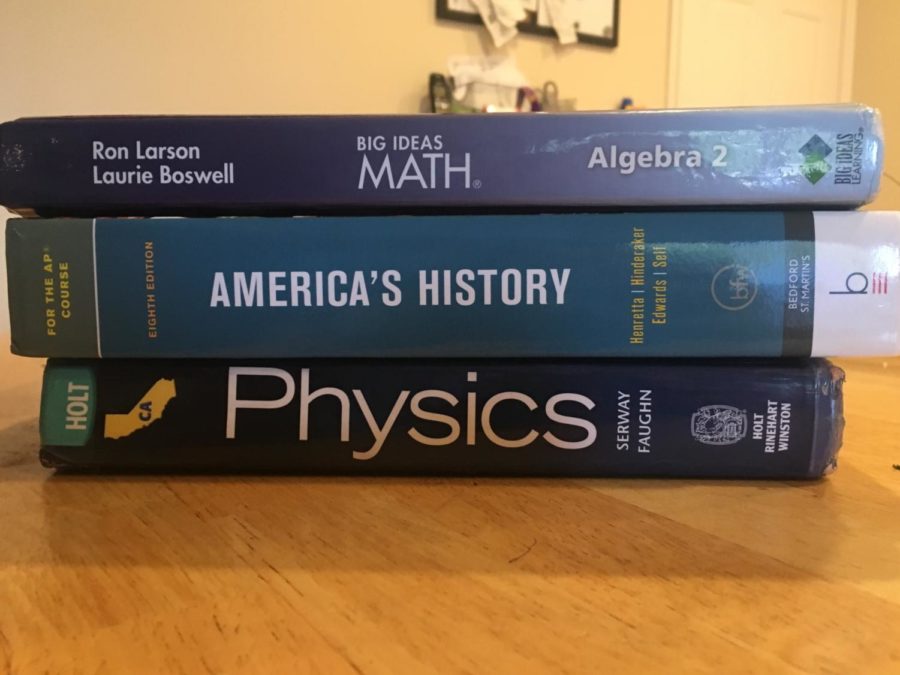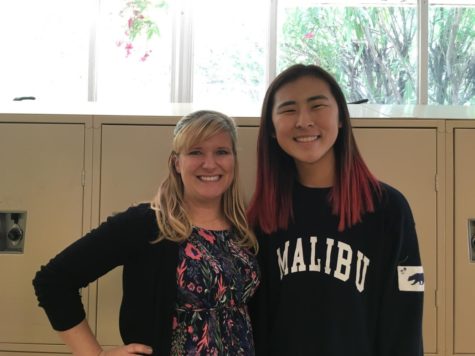In the U.S., every child has the right to a public education. Tuition isn’t paid in order to attend public schools, but schools are funded by taxpayers.
What else is funded by taxpayers?
Diverting public funding away from public schools in order to send lower-income students to private schools.
Called school vouchers, this funding provides children the chance to attend a private school instead of their local public school, which may not be providing them with the highest quality of education.
Students who are lower income or in a minority group should be able to have the same quality of education as their higher income peers, but the solution to increasing equity in education shouldn’t be sending these students private schools with public funding, it should be using that funding to improve the public schools that families are turning away from.
Take Indiana, for instance: it’s largest school district, Fort Wayne, uses $20 million of state funding on providing school vouchers, according to NPR.
While California and Indiana are very different, economically and demographically speaking, there is no doubt that the $20 million sent to private schools would have provided smaller class sizes, newer textbooks, and an overall better quality of education in any state.
According to EdChoice, a school choice advocacy group, California is not among the 14 states that currently offer school vouchers. But this doesn’t mean it isn’t relevant to Californians. The debate over school vouchers brings larger issues to the table regarding public education, and public education as a whole is far from perfect.
Additionally, school vouchers blur the lines between separation of church and state.
In 2002, the Supreme Court ruled in Zelman v. Simmons-Harris, that an Ohio program for school vouchers didn’t violate the establishment clause of the First Amendment, despite the vouchers ability to be used at private religious schools. However, school vouchers are still a violation of church and state due to their ability to direct public funds to help support religiously directed institutions.
Additionally, just because a student can use the voucher for a private school, it doesn’t mean that they are getting a better education.
In a study by Stanford University’s Economic Policy Institute, the test scores of students using school vouchers were lower than those enrolled in public school in the same district.
School vouchers are most often reserved for low-income students, children with disabilities or for families zoned to a failing public school, according to NPR. Yet, the current Secretary of Education, Betsy DeVos, argues that school vouchers are about parents getting to choose a school for their children that fit their unique and individualized needs, according to her May 2017 testimony in front of Congress.
There are many ways to find a school that fits one’s unique and individualized needs. For starters, charter schools are another option for students.
Vouchers cause more harm to public education than they do to help public education by using the tax dollars that could be sent to improve the failing schools to fund private and often religiously backed schools.
But once those children reach the private schools, what happens to them is no longer in the domain of the government. They can be subject to discrimination or even be forced to pay additional fees outside of their vouchers.
I don’t believe that low income and minority students should be subject to a lower quality of education in public schools. I believe that low-income students and other marginalized groups should be able to have the same resources and access to public education as anyone else. But sending public funding to these private institutions ignores the larger issues facing public education in this country, instead of fixing them.

